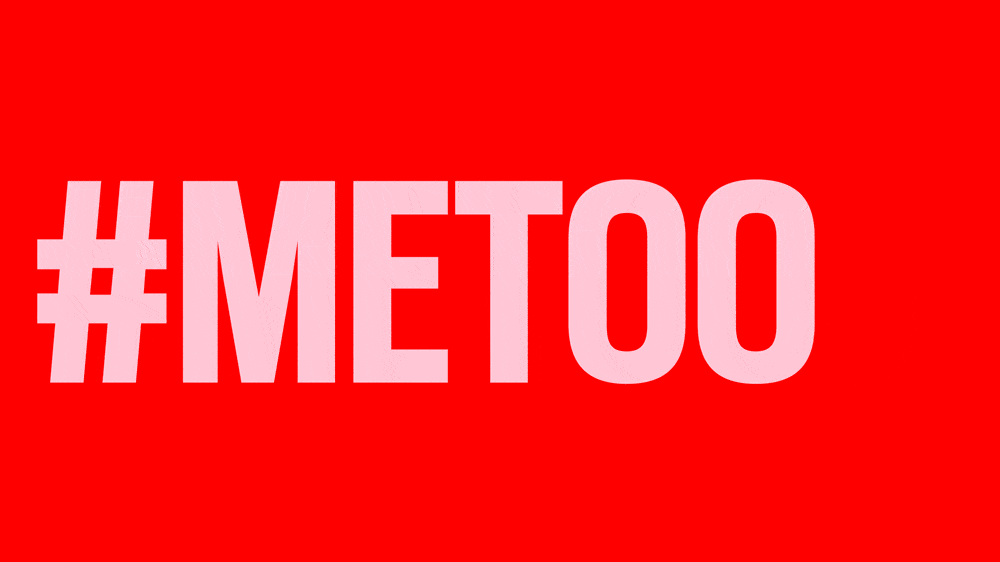
Where’s the music industry’s #MeToo moment?
Back in February, I published an opinion piece on GlobalNews.ca about how the music industry was hurtling towards its own #MeToo and #TimesUp reckoning. We’ve all heard the stories: abusive executives, hideous backstage behaviour, groupies. It was only a matter of time before the current environment resulted in some justice.
So where is it? What’s happening? Wired takes a look at why the music industry has yet to have its own #MeToo moment.
When a man turns himself in to authorities for allegedly punching a woman in the face enough times to knock out her front teeth, there are various ways to respond. Claiming a conspiracy might be the most peculiar option to exercise. Yet, that’s what singer Lil’ Mo did when asked about allegations of abuse leveled against rapper Fabolous by his ex, former Love & Hip Hop star Emily B.
“How did they get this information?” Mo, a longtime collaborator of the artist’s, asked a journalist shortly after the arrest. “I’ll Olivia Pope this situation”—a reference to the controversy-quelling protagonist of ABC’s Scandal—“before I let somebody take my brother down. Something don’t seem right.”
If you’ve been paying attention to the music industry as of late, no, something doesn’t seem right—but not in the way Lil’ Mo is thinking. The #MeToo movement has been successful in bringing about a true reckoning for the largely unspoken harassment and abuse women too often have to endure in their professional lives. But despite its impact across fields—it spread from movies and television to media, tech, academia, finance, even the restaurant industry—the same can’t be said for the music world.


Wondering if Lindsay Buckingham’s departure from Fleetwood Mac has some deep implications concerning #metoo and #timesup in the music biz.